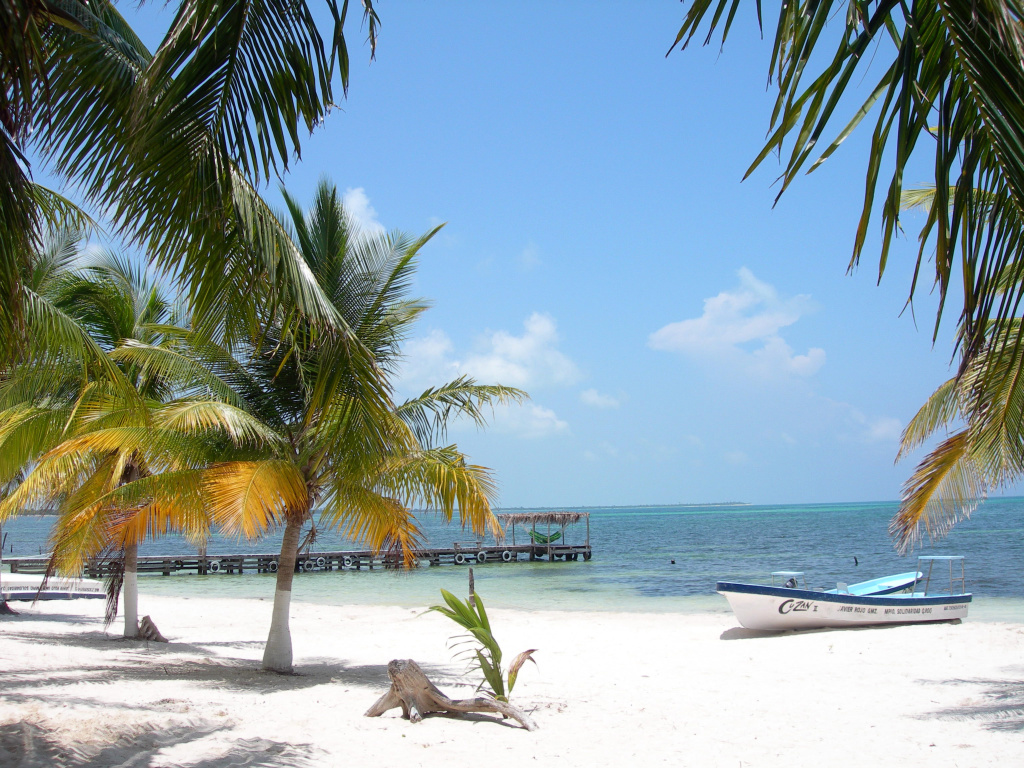Vacations are supposed to be full of fun and adventure, but it’s not uncommon for travelers to suffer from illness or injury when they’re far from home. For one thing, indulging in rich and exotic foods can lead to digestive issues, as can exposure to contaminants like malaria, giardia, parasites, E. coli, and salmonella (just to name a few possibilities). And being trapped on a plane for several hours, along with suffering from jet lag and running yourself ragged, could definitely contribute to a weak immune system and the onset of a cold. But digestive distress and a little sniffle don’t necessarily qualify as emergency situations. What if you experience serious injury or illness when you’re far from home? Will you be prepared to get the care you need? Do you even know how? Here are just a few tips to ensure that you are well taken care of if you experience a medical emergency while you’re on vacation.
The best thing you can do in any emergency situation is be as prepared as possible. For this reason it is important to ensure that you have any needed medication on hand. If, for example, you have a heart condition, it’s probably not a bad idea to refill your nitroglycerin prescription before you go. And if you suffer from severe allergies that could lead to anaphylactic shock, make sure to bring an Epi-pen when you travel. Taking these precautionary steps could save your life in an emergency situation, especially if there is a language barrier and time is of the essence. This brings us to another good point, though, which is that you should try to learn pertinent phrases in the native language of the country you’re traveling to. The phrases “help”, “emergency”, and “call an ambulance” should definitely be at the top of your memorization list.
Of course, you should also gather information about emergency services available at your destination, including hospitals and pharmacies in the immediate vicinity of your lodgings. And you may want to learn emergency numbers. Not every country uses 911; in fact, this number is only good for emergency services in North America and a few other parts of the globe. Some European nations, Australia, and several other countries use 112, a handful of countries use 999, and in some countries the codes are only two numbers. You might even find that there are different numbers that must be dialed for police, fire, and medical emergencies. Of course, this won’t do you much good if you can’t communicate the emergency, but as long as you can give an address you’ll at least have help coming your way. Don’t forget that “0” is pretty much universal for operator, which means a live person that can connect you to emergency services if all else fails.
Finally, you’ll want to write down all of your pertinent medical information and keep it on you in case you fall unconscious. This includes your blood type, allergies, current medications, next of kin, and insurance information. Of course, you might also want to call your insurance provider ahead of time to make sure that you’re covered in case of emergency (MedicalInsurance websites can often provide you with this information). If not you may need to temporarily expand your coverage or secure appropriate travel insurance before you sail off into the sunset, so to speak.


